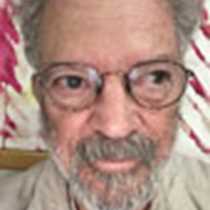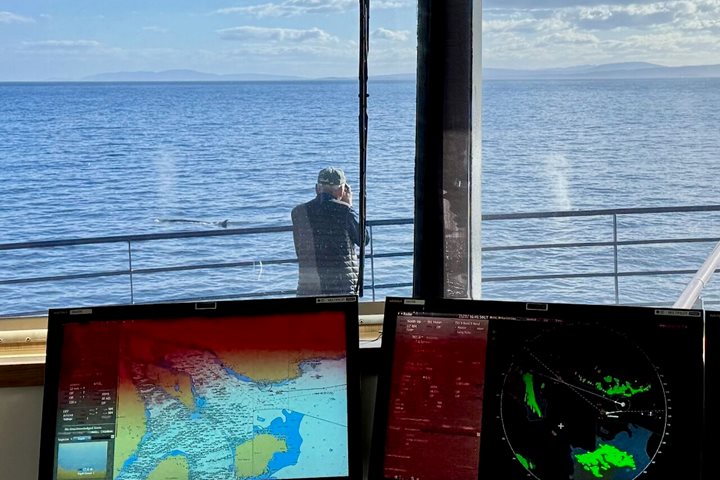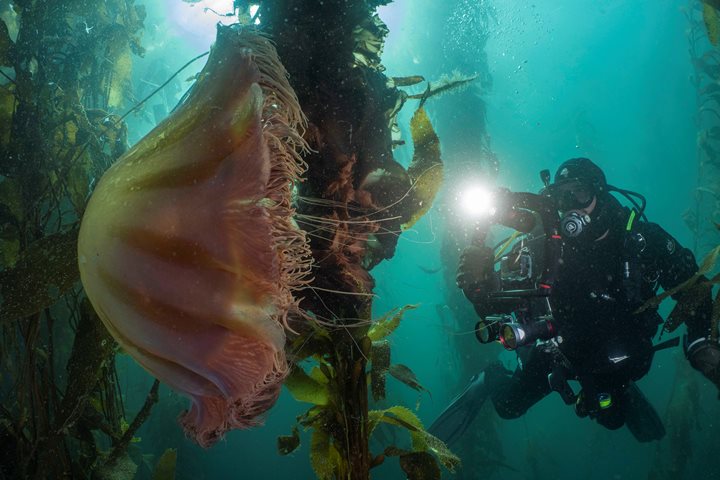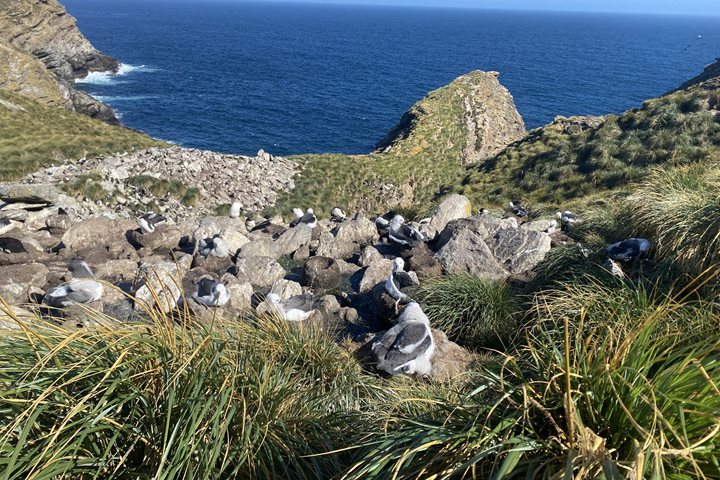Today was our second day at sea as we headed to Stanley, chief town of the Falkland Islands, from South Georgia. There was endless sea from horizon to horizon, that almost invisibly met the sky. We travelled in our own separate reality-bubble along with the usual suspects by our side…birds, plenty of birds.
One of my favorite parts about travelling the world by ship is that it emphasizes how very big the world is, a concept that pushes back at the desire for everything to be instantaneous and more convenient. Most travel today is pretty boring: cars, buses and even trains—not so much on a ship. Here, there is plenty to do: go to the bridge to see where we are; look at all those birds; try to spot some whales or dolphins; attend the very interesting lectures; read a good book, or perhaps treat yourself and eat an extra dessert!
For me, I like contemplation and catching up. You might think these are opposing activities, one thoughtful and the other active. Nay, working on images, all those “shots” we have been taking, makes me both thoughtful and reduces my “to-do” list. So, thoughtful and active, the active is easy—throw out the bad shots, which does involve some thought. But truly thoughtful comes with examining the image. Look at this plant in the photo above. It has a relatively large flower. It is most likely insect-pollinated because it is big, obvious and marked with lines that lead to the good parts: nectar, for energy, and pollen, for biological building blocks.
I take images of things. If you are interested in things you are probably interested in what those things are. With a little work you can also find out that this plant above is Oxalis enneaphylla, locally known as scurvy grass. With a name more can be learned. Oxalis means sour and enneaphylla means nine leaves—although, this species can have from 4 to 20 leaflets, but perhaps the first ones collected had nine leaves. If you take a bite of the stem it does indeed have a sour, somewhat citrus flavor. It is known to have antiscorbutic properties, hence the common name of scurvy grass. However, it is not a grass, it is a wood sorrel and it should not be confused with the scurvy grass of the northern hemisphere, which is a mustard.
There are many other things that could be said about this plant and the other plant in the foreground, diddle-dee, but perhaps more said would be tedious rather than thoughtful. Oh, yes, we arrived at the Falkland Islands close to midnight and so ended this day.







